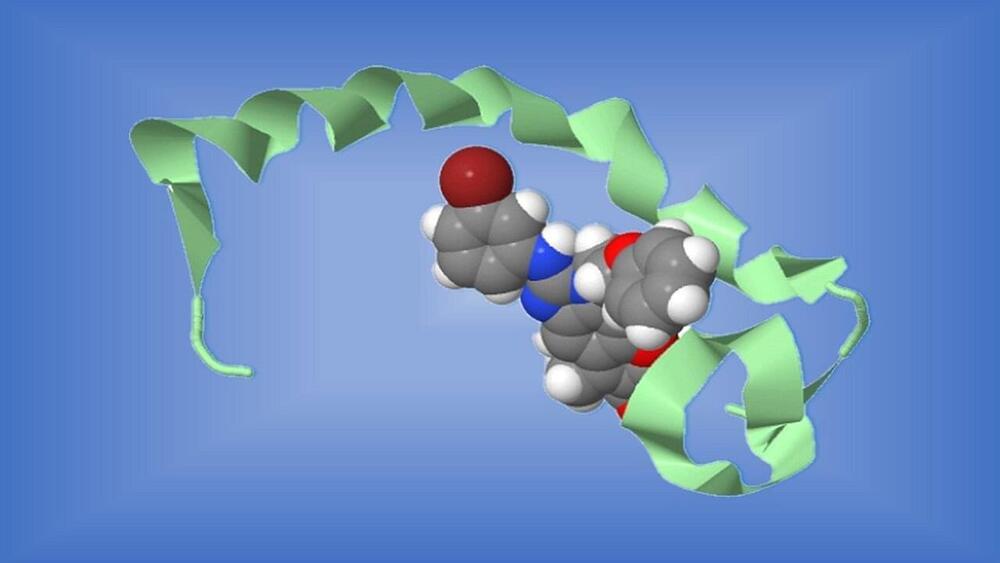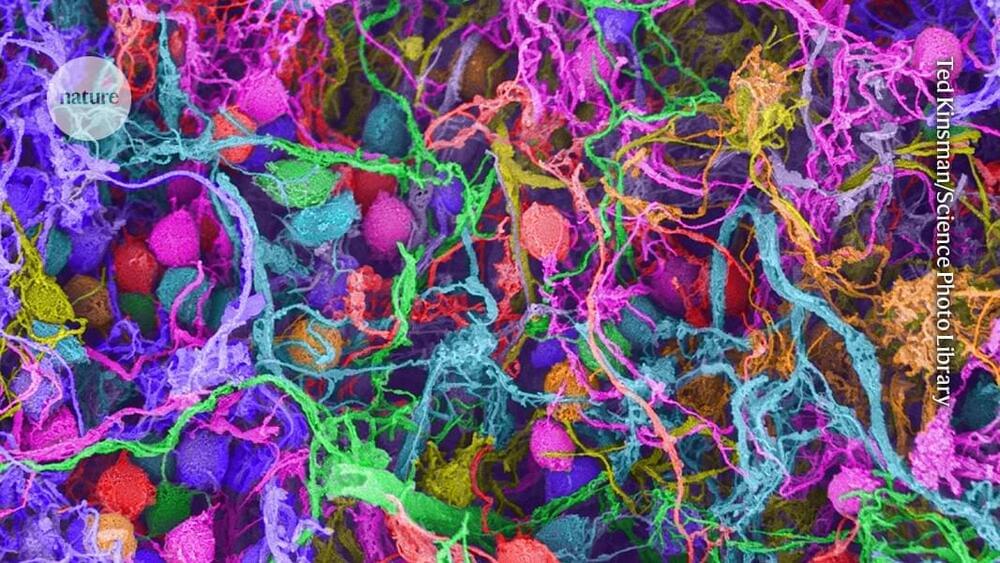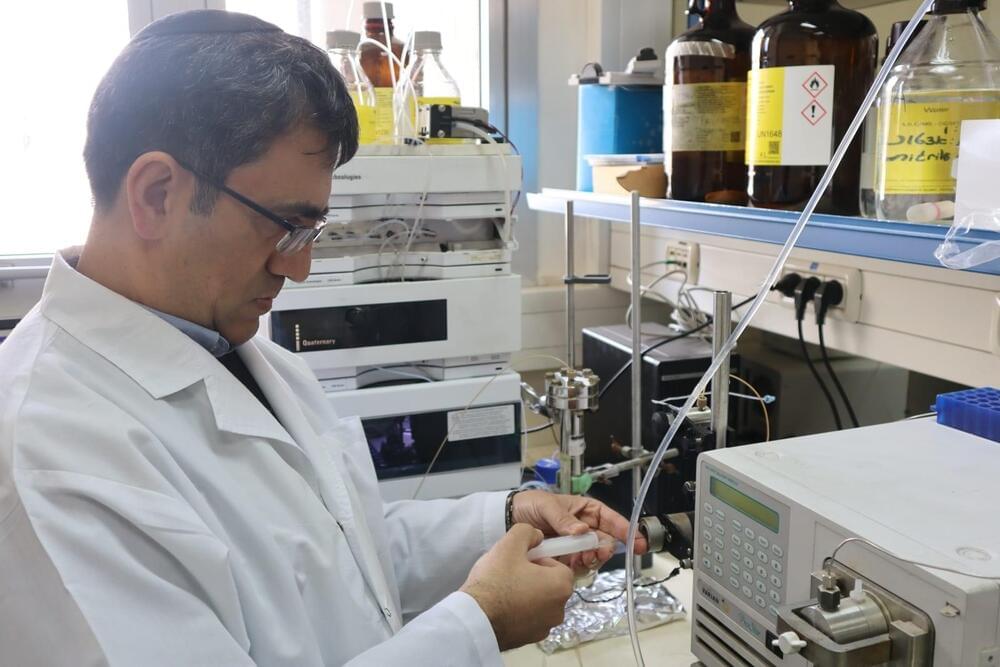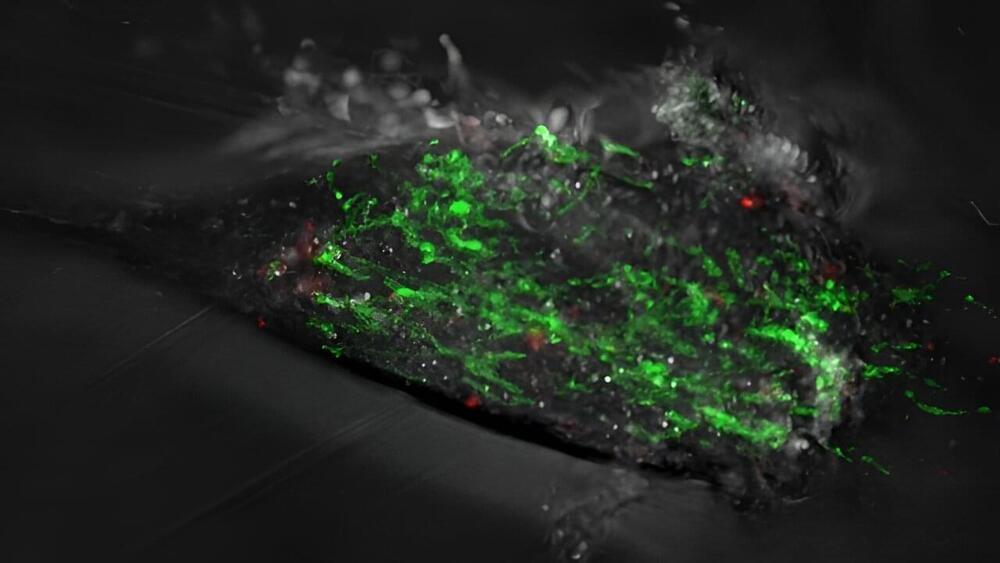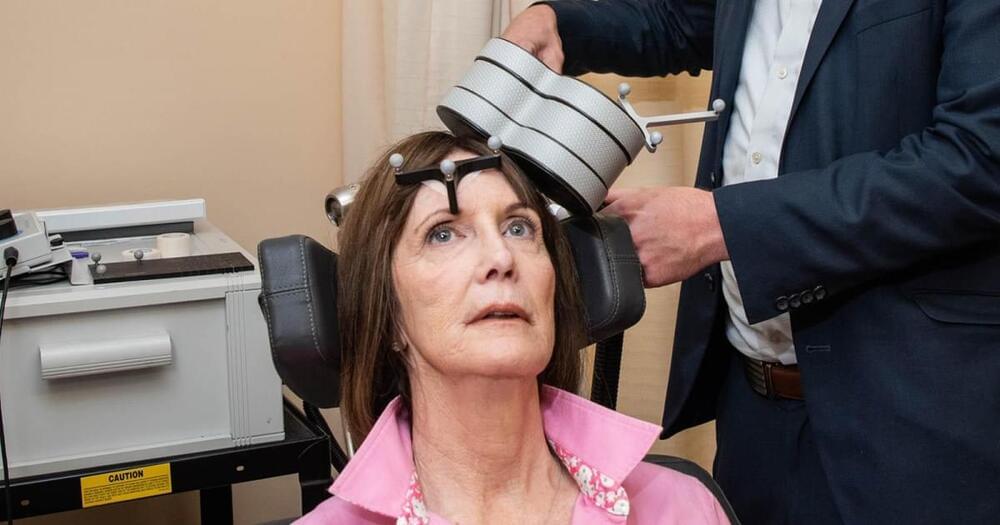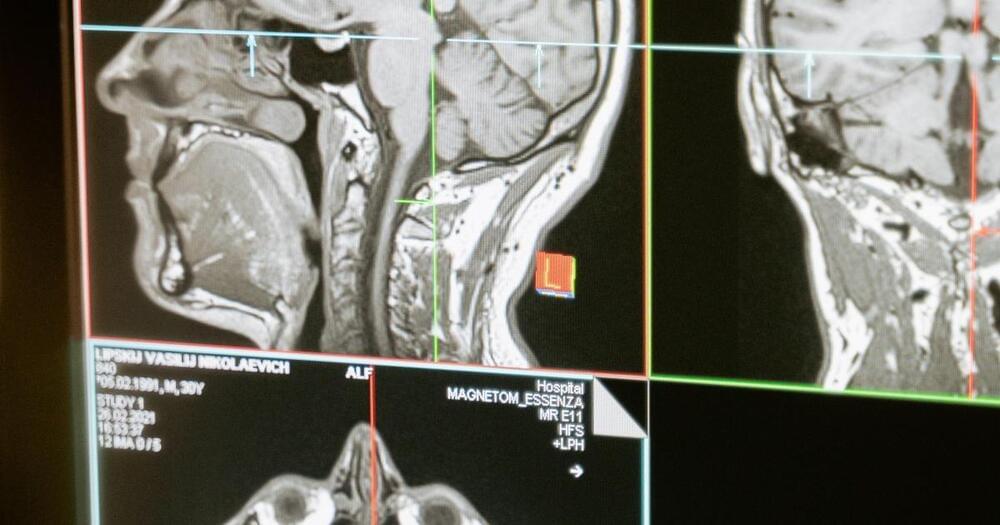Professor Jürgen Götz and Dr Pranesh Padmanabhan from the Queensland Brain Institute comment on the successful human trial by the WVU Rockefeller Neuroscience Institute which found a five-fold reduction of amyloid-β in Alzheimer’s patients.
The latest trial results underscore the safety of using…
The potentially powerful combination of ultrasound and antibodies for the treatment of Alzheimer’s disease is the focus of a News & Views article by UQ’s Queensland Brain Institute (QBI) researchers.
QBI Professor Jürgen Götz and his team aim to develop low-intensity ultrasound into a treatment modality for Alzheimer’s disease.
Ultrasound can be used with microbubbles to achieve blood-brain barrier opening for drug delivery, or it can be used without bubbles to modulate brain function.


